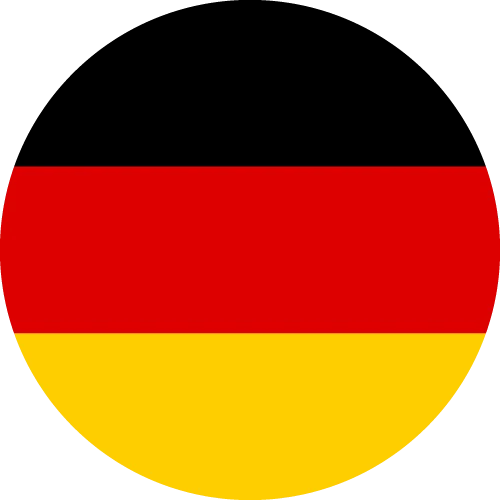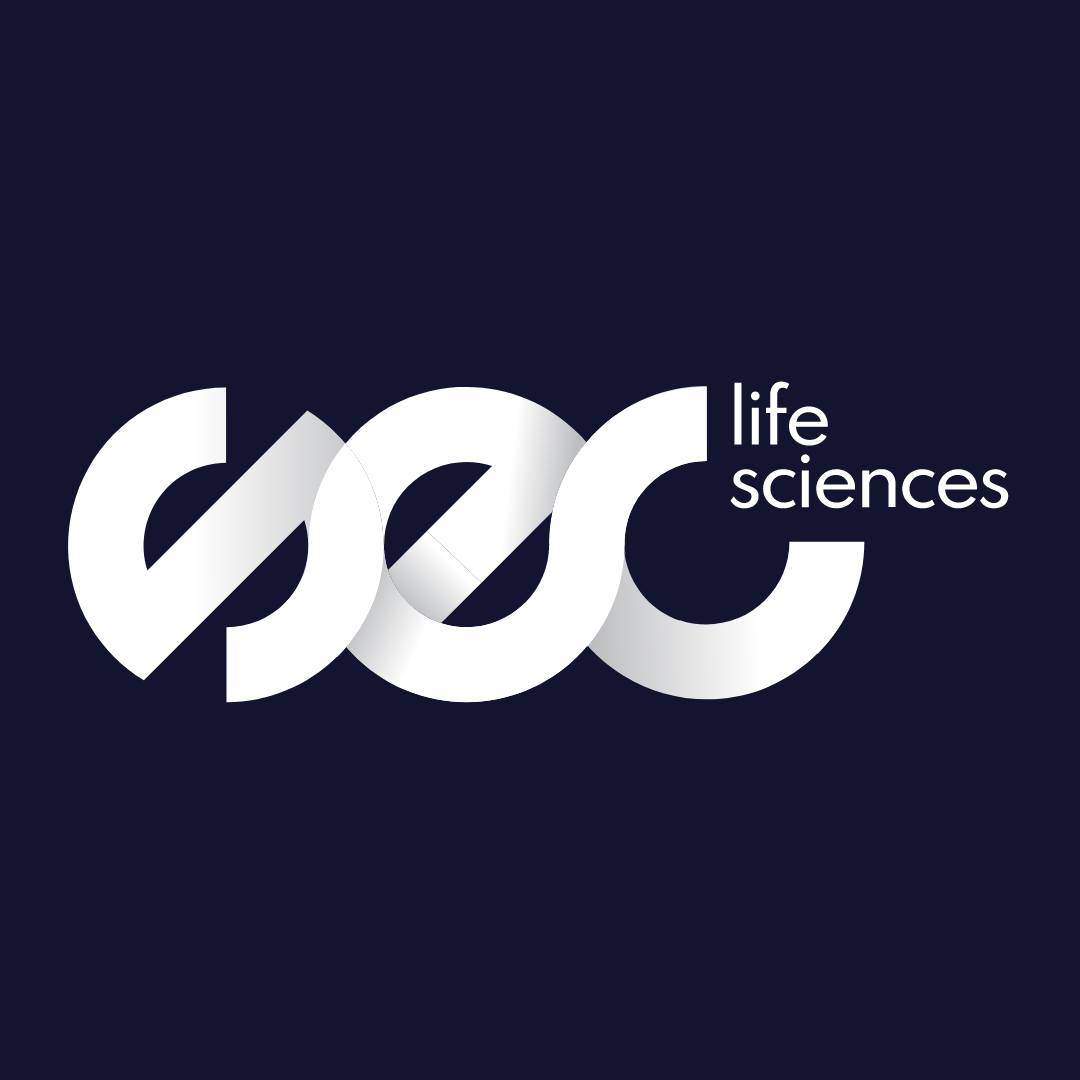
Latest News
Relocating to Switzerland: Life in one of Europe’s largest life science hubs
01 Aug, 20244 MinutesAs one of the major hotspots for medical innovation in Europe, Switzerland is home to a rich...

As one of the major hotspots for medical innovation in Europe, Switzerland is home to a rich diversity of pharmaceutical, medical technology and biotech firms that have helped secure its position and reputation as one of the most enticing locations for candidates in the life science space.
More than 40% of Swiss exports come from the pharmaceutical, chemical and biotechnology industries, and the health and technology sectors in the country were among the least affected by the Covid-19 pandemic. The country's life science industry is responsible for creating more than 50,000 jobs in Basel, Geneva, Zurich and other core cities, and two of the top five pharmaceutical companies globally, Novartis and Roche, were both founded and are headquartered in the country. Other major industry players such as AstraZeneca, Eli Lilly, Pfizer and Takeda all have major sites in Switzerland too.
But it’s not just large pharma; over 1,000 biotech start-ups in fields ranging from oncology to neurology have a presence in the country, as do many major technology firms. There’s no doubt Switzerland is a hive of innovation and opportunity, so here’s what to consider if you’re thinking of relocating.
The perks of a life in Switzerland
There are several benefits to working in Switzerland when compared to some of its neighbouring countries in Europe. Sitting outside of the EU and European Economic Area, the country sets its own labour laws and working regulations, but still maintains a stable economic relationship with the European Commission and European Medicines Agency. Here are some of the top reasons that life science professionals decide to relocate.
Higher remuneration
Salaries here are much higher here compared to other countries, and rank highest compared to the top 20 European economies for entry and mid-level roles.
Quality of life
Not only are the cities of Zurich and Geneva are ranked second and sixth highest for quality of life in the world, but the average working week is 31.6 hours making for a great work-life balance, and easy access to beautiful lakes, mountains and scenic trails contribute to an active outdoor culture.
Lower taxes
While the cost of living is higher when it comes to food, travel and lifestyle expenses, tax rates tend to be lower than that of surrounding countries. Exact tax rates will differ between cantons.
Diversity
Switzerland is a hugely multinational country, with more than 20% of the countries workforce made up of expats. There are also four official languages, German, French, Italian and English, meaning plenty of opportunity for speakers of these languages too.
World-class education
Despite its small size, Switzerland is home to 99 international schools and 12 universities. The birthplace of more than 100 Nobel prize-winning scientists, the country ranks third-highest globally for the quality of its higher education institutions.
Strong healthcare systems
As a life science hub the country naturally has a world-class healthcare system, where you can expect excellent standards, short waiting times and a high level of care. The average life expectancy is 84 in Switzerland, the fourth-highest in Europe.
Buoyancy in the job market
The health and tech industries in Switzerland have remained strong despite the pandemic, and we’ve witnessed steady growth in demand for talent. The contract/freelance market is also far more appealing than in neighbouring countries, presenting higher average rates and lower income tax.
Visas and citizenship in Switzerland
Although the country isn’t a member of the European Union, Switzerland has adopted certain EU policies when it comes to right to work regulations. That means that most EU citizens have the right to live and work in Switzerland, and have a period of up to six months prior to arriving there to find work if you haven’t already acquired a work contract prior to the move. Citizens from outside of the EU must have a guaranteed work contract and work permit prior to moving.
Many expats live and work in the country and decide against applying for Swiss permanent residency. Those that want to apply for citizenship typically qualify after 10 years of residence, depending on nationality and personal circumstances. Further information about visas and citizenship is available on the Swiss FDFA website.
Considering a life on Swiss soil?
Check out our latest jobs, or drop your CV here and we'll connect you with our latest opportunities, and provide more information on life as a life science professional in Switzerland.



